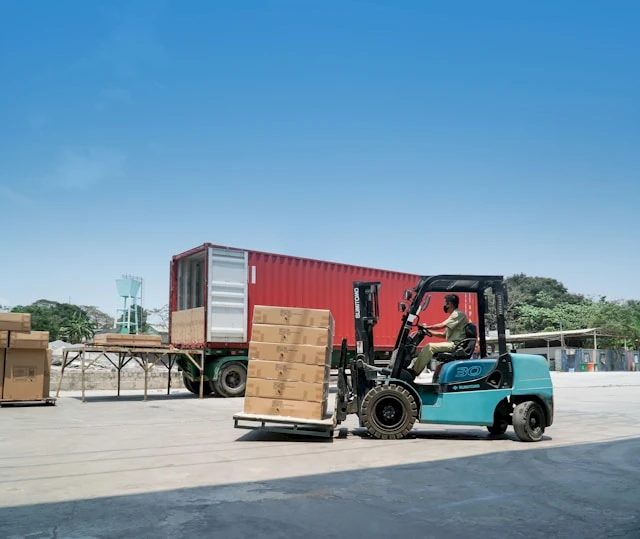8/7/2024
What's the difference between FTL and LTL?
CFL Academy
Understanding the differences between FTL and LTL is crucial for selecting the best option for your business needs. In this article, we’ll explore these two shipping methods, their benefits, and when to use each one.

When it comes to shipping freight, choosing the right method can make a significant impact on your logistics efficiency and costs. Two common shipping methods are Full Truckload (FTL) and Less Than Truckload (LTL). Understanding the differences between FTL and LTL is crucial for selecting the best option for your business needs. In this article, we’ll explore these two shipping methods, their benefits, and when to use each one.
At CFL, we are experts in logistics, providing both FTL and LTL shipping solutions tailored to your specific needs. Our experienced team is dedicated to ensuring your freight is handled with care and delivered on time. Whether you have large shipments that require full truckload services or smaller loads that are perfect for less than truckload shipping, we’ve got you covered.
What is FTL (Full Truckload) Shipping?
Full Truckload (FTL) shipping involves transporting freight that occupies the entire space of a truck. This method is ideal for large shipments or when you need to transport a substantial amount of goods at once.
Benefits of FTL Shipping:
- Faster Transit Times: FTL shipments travel directly from the origin to the destination without intermediate stops, ensuring quicker delivery times.
- Reduced Handling: Since the shipment remains in one truck for the entire journey, there is minimal handling, reducing the risk of damage.
- Cost-Efficiency for Large Loads: FTL is more economical when shipping large volumes, as you pay for the whole truck rather than sharing space with other shippers.
- Enhanced Security: With fewer touchpoints, the risk of theft or loss is significantly reduced, making FTL a secure option for high-value goods.
What is LTL (Less Than Truckload) Shipping?
Less Than Truckload (LTL) shipping is designed for smaller shipments that do not require a full truck. In LTL shipping, multiple shippers share the same truck space, paying only for the portion they use.
Benefits of LTL Shipping:
Cost-Effective: LTL allows you to pay only for the space your cargo occupies, making it a budget-friendly option for smaller shipments.
- Flexible Shipping Options: LTL offers the flexibility to ship smaller quantities more frequently, ensuring timely deliveries without waiting for a full truckload.
- Reduced Environmental Impact: By consolidating shipments, LTL maximizes truck space usage, reducing the number of trucks on the road and lowering carbon emissions.
- Access to a Larger Network: LTL carriers often have extensive networks, providing wider reach and more frequent service options.
When to Use FTL vs. LTL
Choose FTL When:
- You have enough freight to fill an entire truck.
- Your shipment is time-sensitive and requires faster transit.
- You want to minimize handling to reduce the risk of damage.
- Your goods are high-value and need enhanced security.
Choose LTL When:
- Your shipment is too small to fill a full truck.
- You want a cost-effective shipping solution.
- You need flexible shipping schedules for smaller quantities.
- You prefer a more environmentally friendly shipping option.